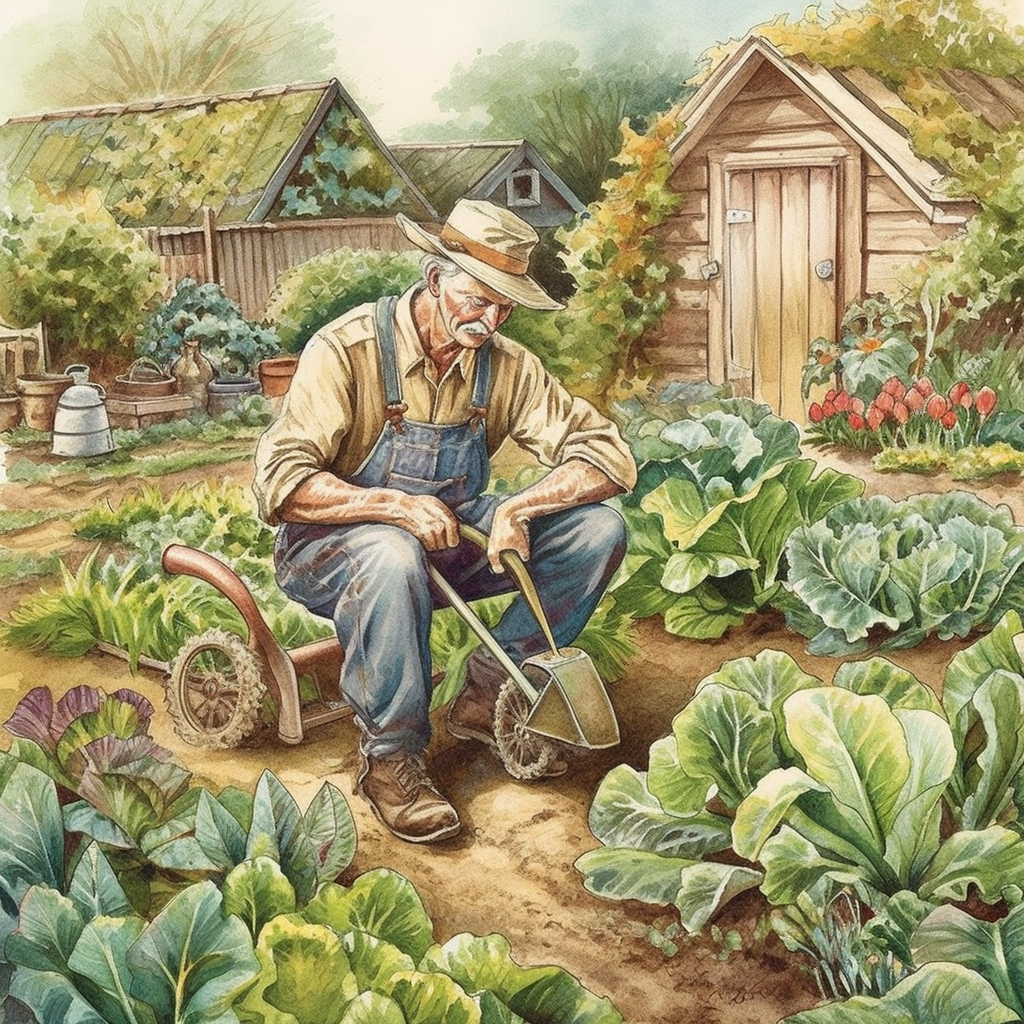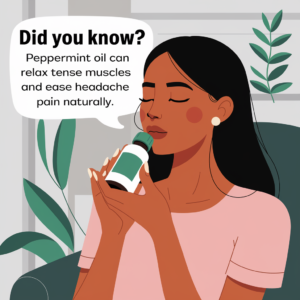Gardening, often seen as a simple pastime, transcends its apparent simplicity. Beyond the act of planting and nurturing, gardening offers profound therapeutic benefits, touching the realms of the mental, emotional, and physical. In today’s fast-paced world, the garden becomes a sanctuary, a place of solace and healing. Let’s delve into the multifaceted therapeutic benefits of gardening.

Mental Benefits of Gardening
1. Mindfulness and Presence
Gardening is an immersive activity that demands attention to detail. Whether it’s the delicate act of sowing seeds or the observation of a budding flower, gardening anchors the mind to the present moment, promoting mindfulness.
2. Cognitive Stimulation
Planning a garden layout, understanding plant species, and learning about soil types stimulate cognitive functions, keeping the brain active and engaged.
3. Stress Reduction
The repetitive nature of gardening tasks, such as digging or pruning, can be meditative. This, combined with the serene environment of a garden, helps in reducing cortisol levels, the body’s primary stress hormone.
4. Sense of Accomplishment
Watching a garden flourish as a result of one’s efforts instills a sense of accomplishment and boosts self-esteem.
Emotional Benefits of Gardening
1. Connection with Nature
Gardening fosters a deep connection with nature. This bond is often therapeutic, offering emotional grounding and a sense of belonging.
2. Mood Enhancement
Exposure to sunlight increases the production of serotonin, a mood-lifting hormone. Additionally, the act of nurturing plants can evoke feelings of joy and contentment.
3. Emotional Expression
Gardens are canvases for emotional expression. Whether it’s through the choice of plants or the design layout, gardens reflect individual personalities and emotions.
4. Therapeutic Horticulture
Many rehabilitation centers incorporate gardening as a form of therapy. Engaging with plants has been shown to alleviate symptoms of depression and anxiety.
Physical Benefits of Gardening
1. Physical Exercise
Gardening involves various physical activities, including digging, lifting, and bending. These activities enhance muscle strength, stamina, and flexibility.
2. Improved Immune Function
Regular exposure to dirt and soil can boost the body’s immune system. Soil contains beneficial microbes that have been linked to improved immunity and overall well-being.
3. Enhanced Fine Motor Skills
Tasks like pruning, planting seeds, or arranging flowers enhance hand-eye coordination and fine motor skills.
4. Vitamin D Absorption
Spending time outdoors in the garden facilitates Vitamin D absorption from sunlight, promoting bone health and calcium absorption.
The Holistic Impact of Gardening
Gardening is not just a hobby; it’s a holistic therapeutic practice. It offers a multisensory experience – the fragrance of flowers, the sound of rustling leaves, the touch of soil, and the sight of vibrant colors. This sensory stimulation, combined with the act of nurturing, makes gardening a holistic healing activity.
The therapeutic benefits of gardening are profound and far-reaching. In a world dominated by screens and urban landscapes, gardens serve as therapeutic havens, offering mental solace, emotional balance, and physical vitality. Whether you’re a seasoned gardener or a novice, the garden beckons with its promise of therapy and rejuvenation.
As an Amazon Associate we earn from qualifying purchases through some links in our articles.




